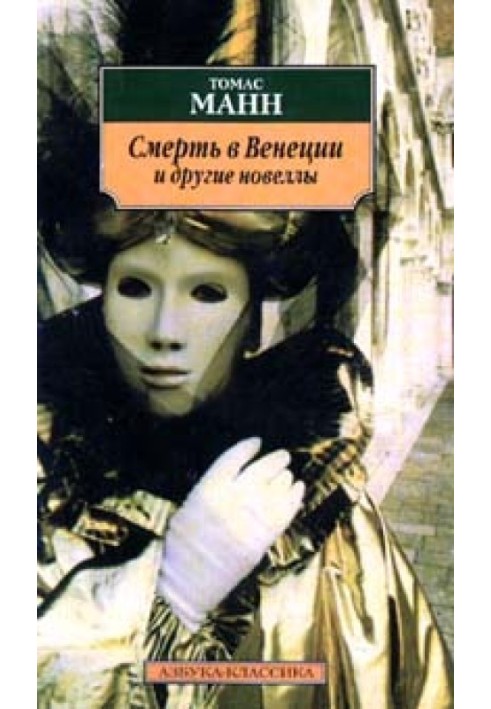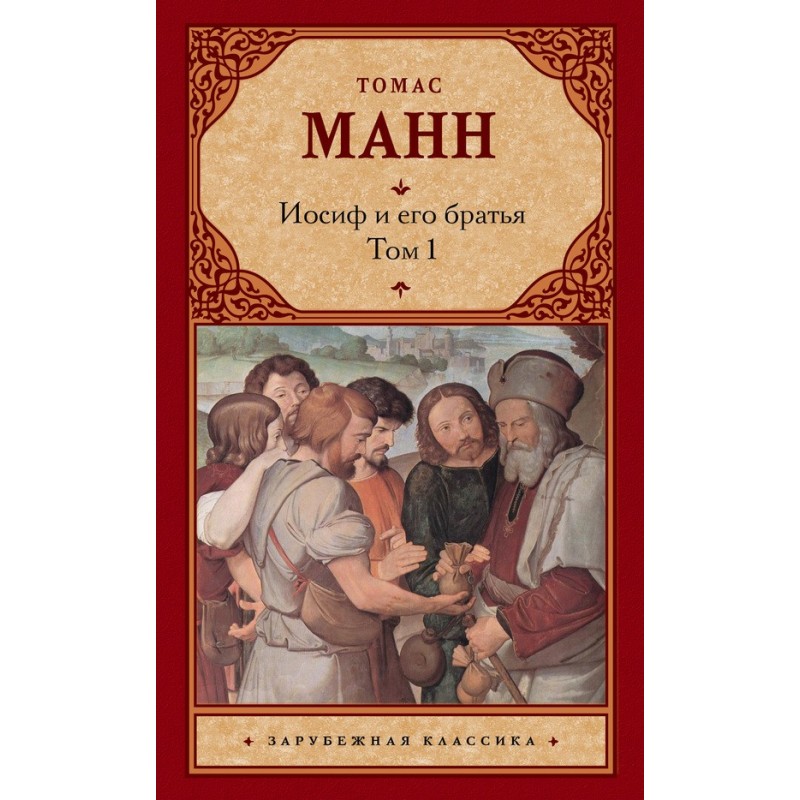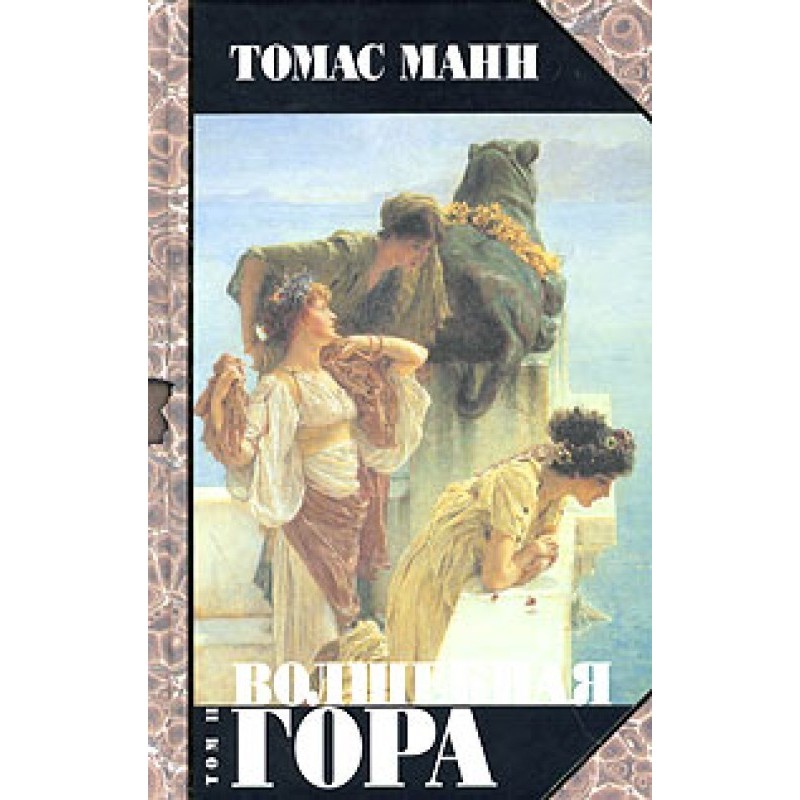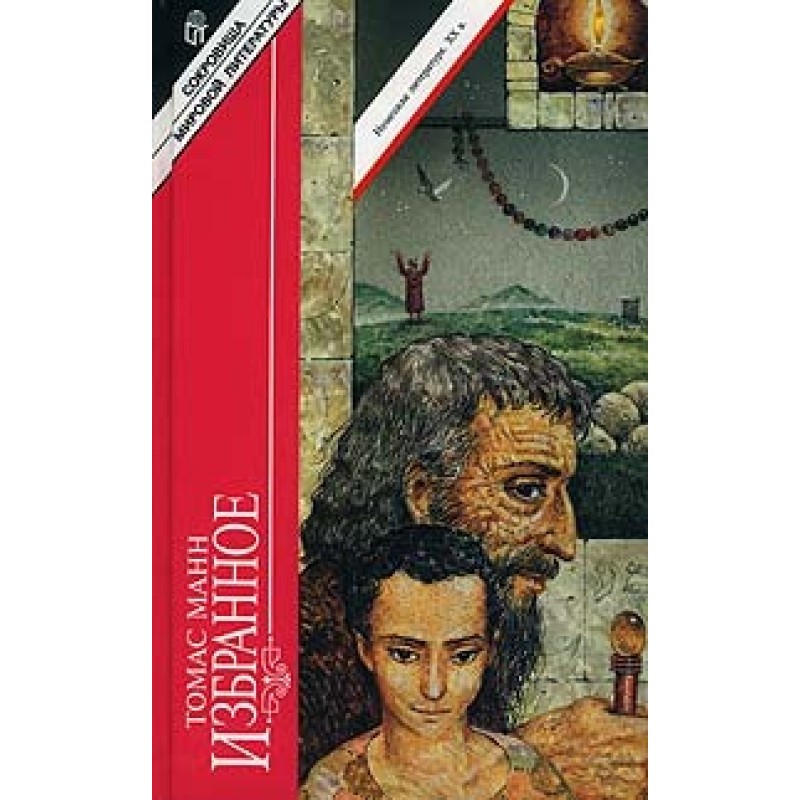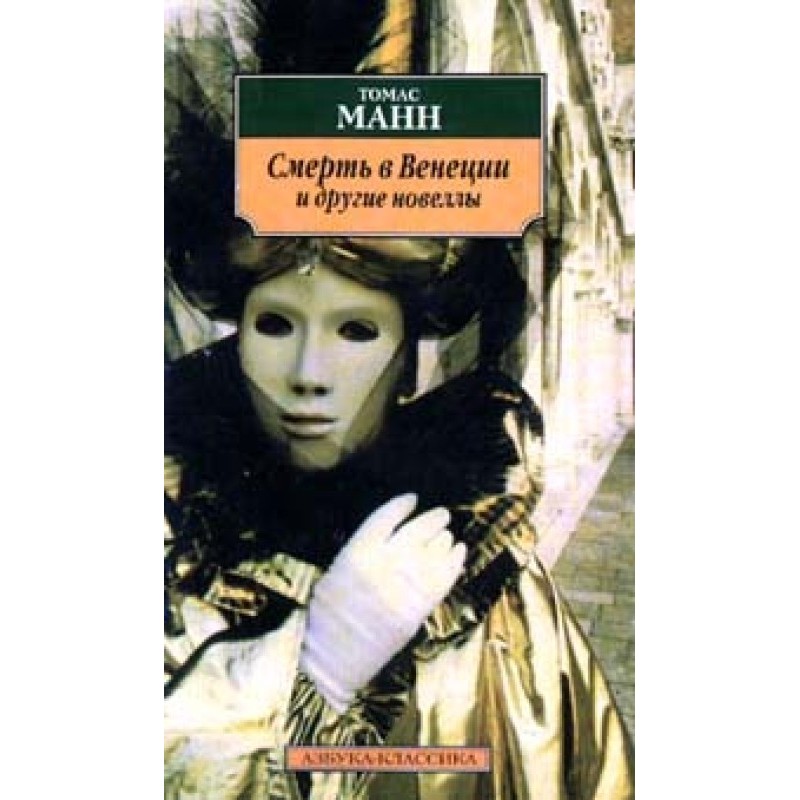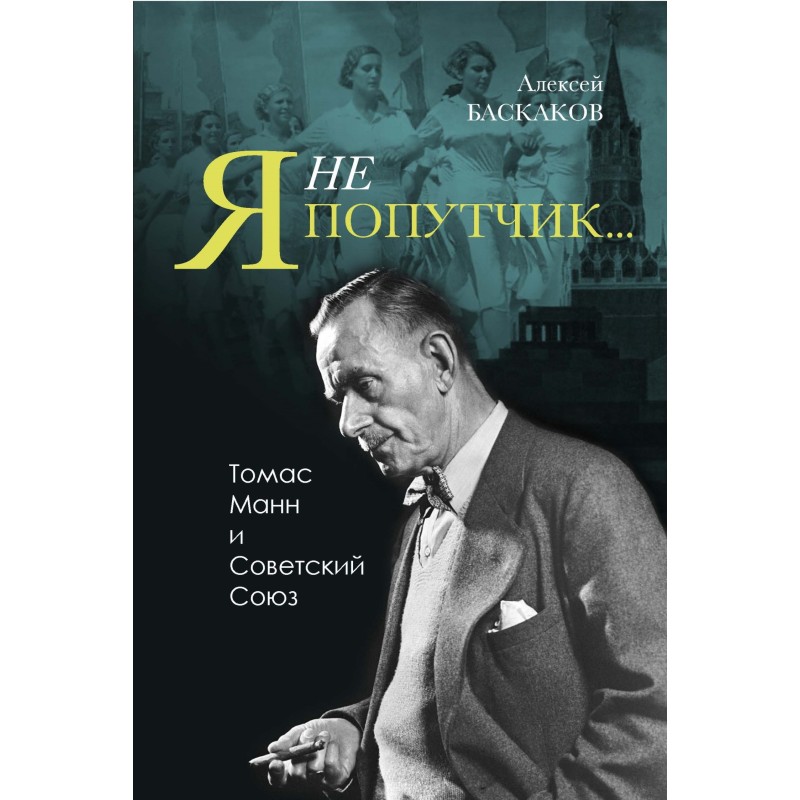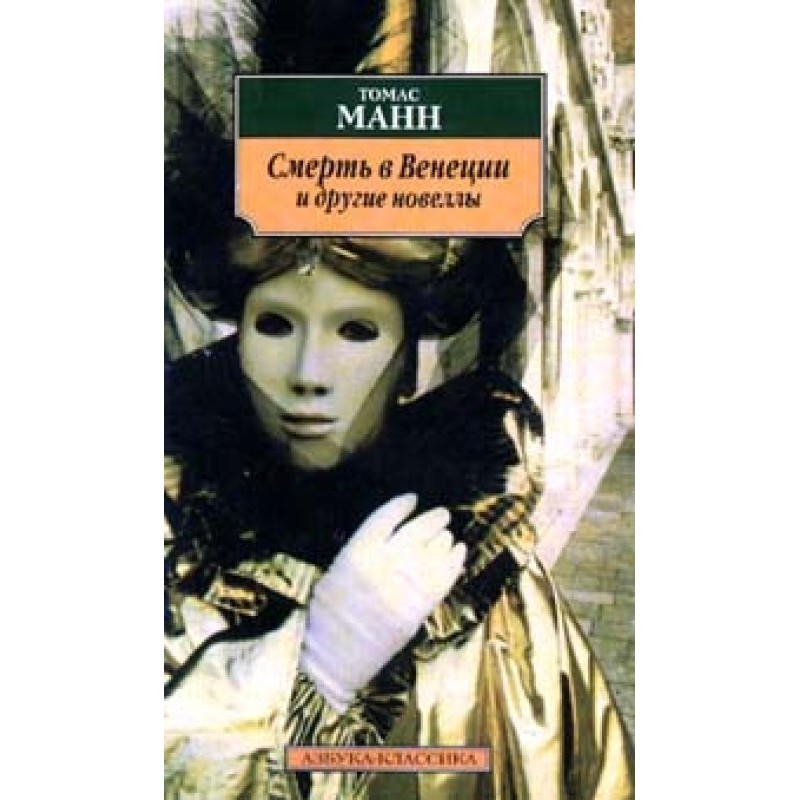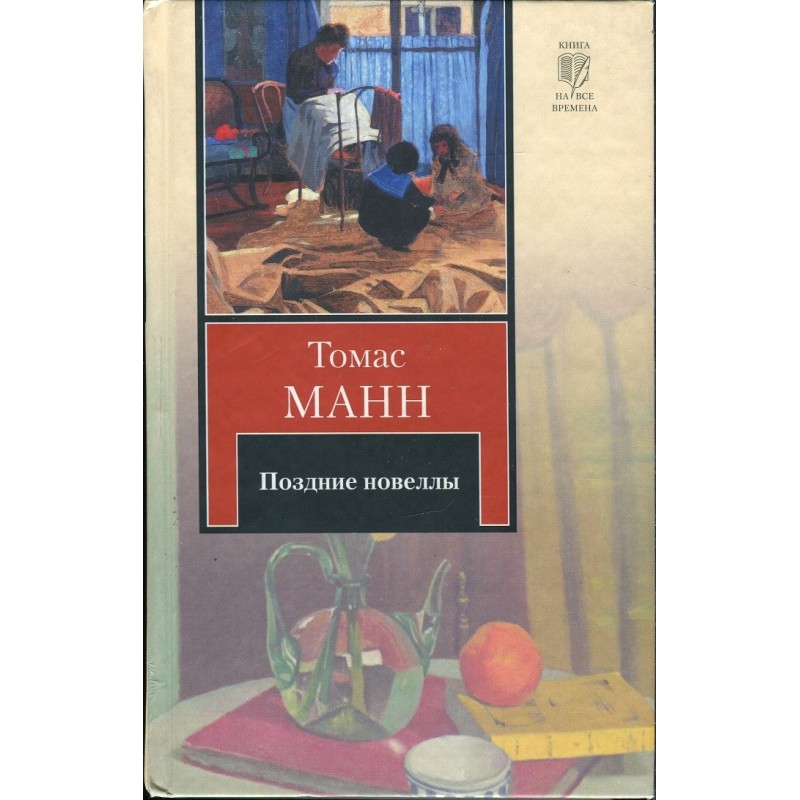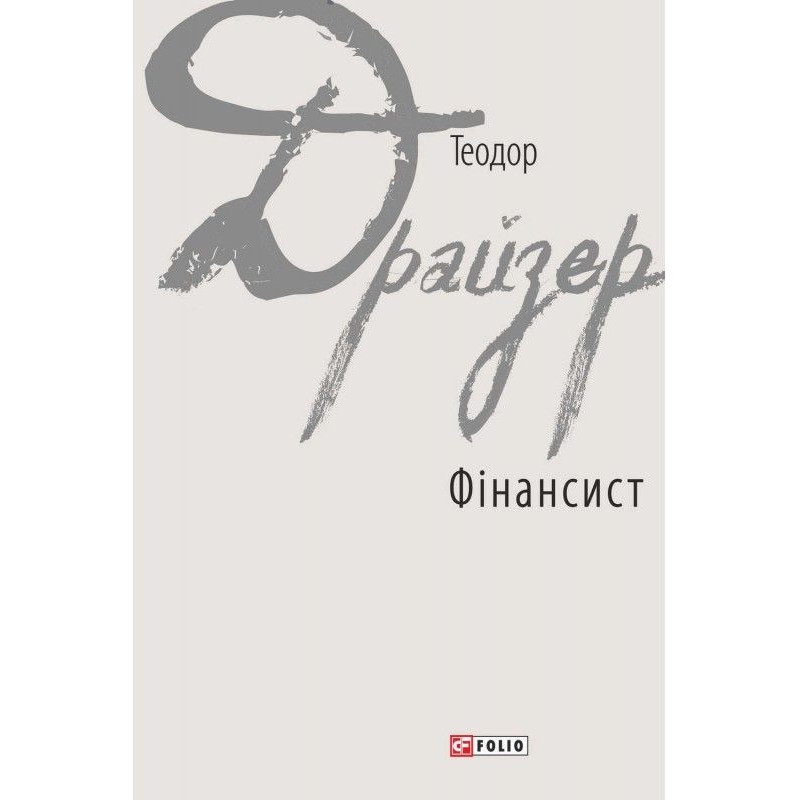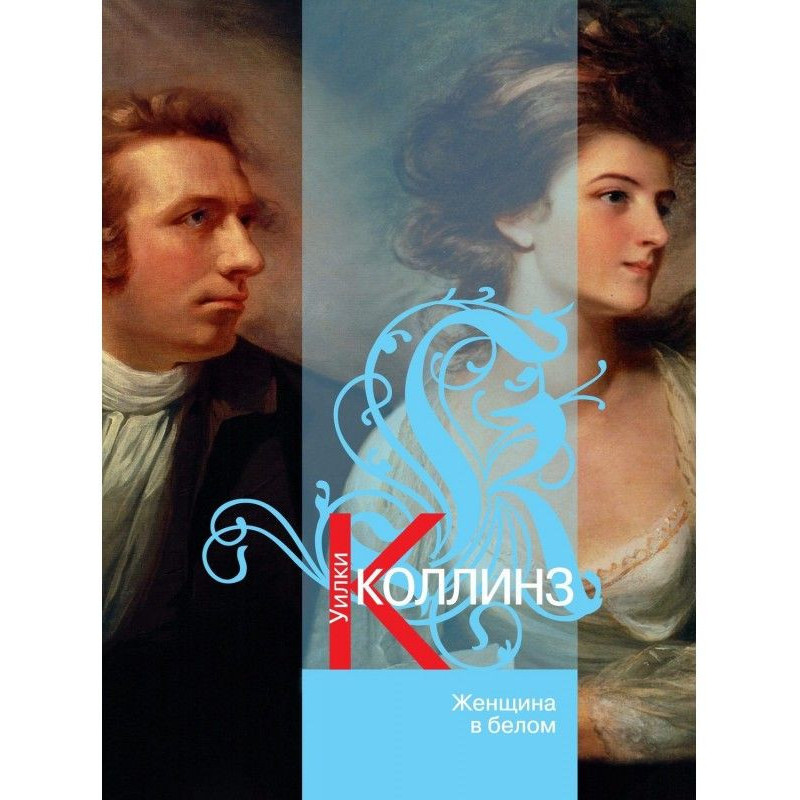Gladius Dei
 Instant download
Instant download
after payment (24/7)
 Wide range of formats
Wide range of formats
(for all gadgets)
 Full book
Full book
(including for Apple and Android)
The idea of the bourgeois world’s hostility to genuine culture and genuine beauty lies at the heart of the short story under the Latin title “Gladius Dei”, which means “Sword of God”. It opens with a colorful, motley picture of Munich, a city so rich in houses of original architecture, libraries, theaters, and art museums. But the initially joyful and bright impression given by this description of the Bavarian capital is gradually undermined and destroyed by the author’s irony. M. Blutenzweig's art store, where the action of the novel unfolds, is endowed with a repeating definition - “an enterprise that sells beauty.” And the owner himself, and the sellers, and visitors, the conversations that take place in the store and around it - all this bears the imprint of smug vulgarity. This world of thriving commerce is confronted by the young monk Hieronymus. He calls God's curse on the depraved city, he dreams of bonfires on which sinful paintings and books will burn. Both Munich and Blutentzweig's store are ultimately shown through the eyes of Hieronymus, and he has the final say. However, the reader understands that Thomas Mann's point of view does not coincide with the views of his hero. Hieronymus, overwhelmed by religious fanaticism, sees evil in art itself, books, paintings. Thomas Mann, a devoted lover of art, is worried about its fate and sees evil in those who vulgarize the spiritual riches of humanity, turning them into objects of base entertainment and profit.
Data sheet
- Name of the Author
- Томас Манн
- Language
- Russian
- Translator
- Анна Семеновна Кулишер

